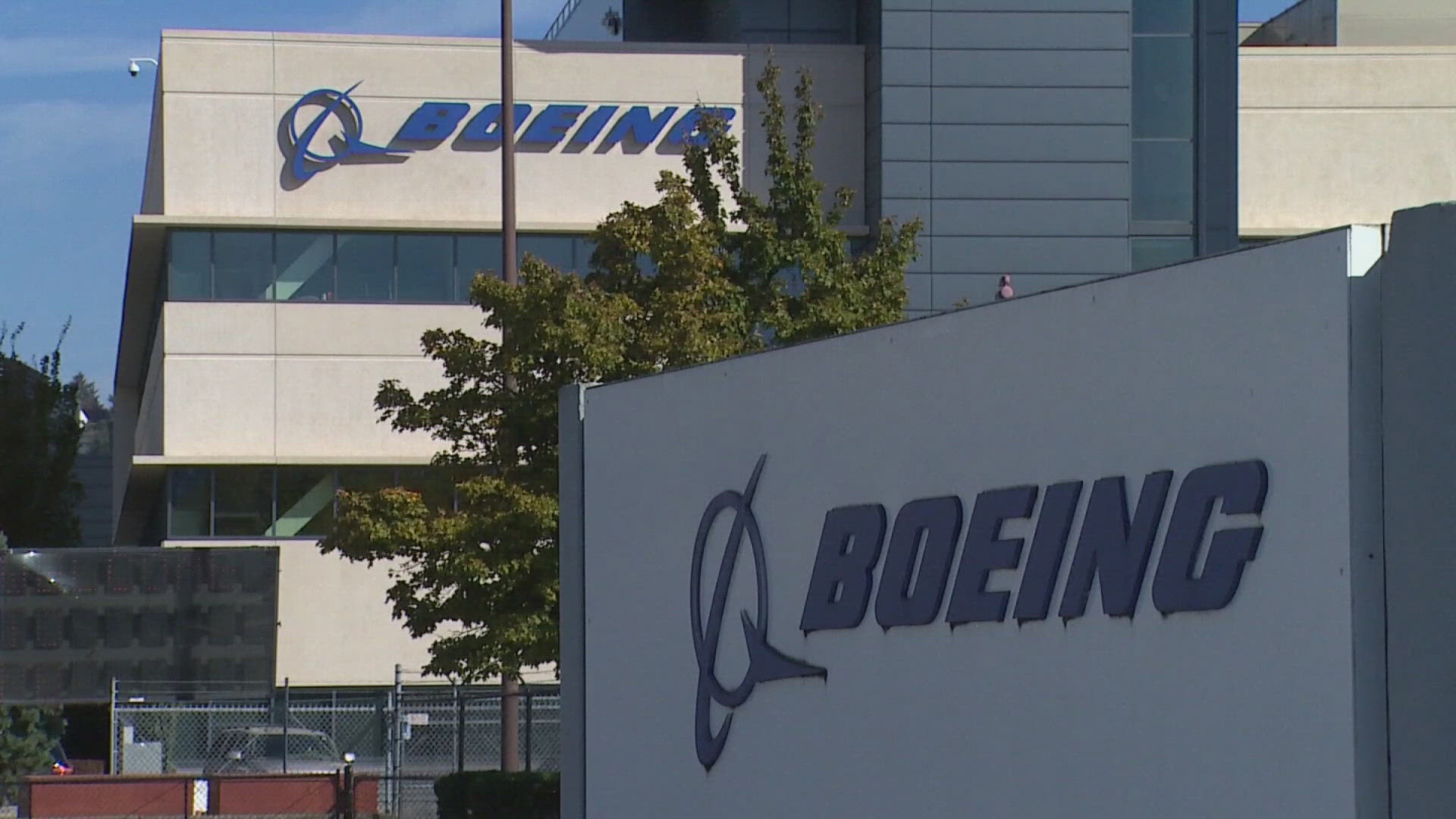ST. LOUIS — The labor market remains tight, wages are increasing and consumer inflation jumped 9.1% last month from the year before — the highest rate in more than four decades.
Experts say that Federal Reserve officials likely will increase interest rates later this month by another 0.75 percentage point or perhaps even 1 percentage point. The Fed is trying to tamp down demand that is driving higher prices — and do so without tipping the economy into recession. All of this comes as many businesses struggle to recover from the ongoing coronavirus pandemic.
Two St. Louis-area bank executives said making large purchases now, rather than later, and considering interest rate swaps are two steps that businesses can take to potentially reduce the impact of inflation.
Interest rate swaps are a way for a company to secure a fixed interest rate rather than have a floating rate on its loans, said Peter Blumeyer, St. Louis market president of UMB Bank. A company can reduce its exposure to fluctuations from rising rates in the years to come by locking in interest rates for an extended time, he added.
Blumeyer said UMB Bank can offer competitive interest rates if customers want a fixed rate over three to five years to finance capital expenditures. But an interest rate swap should be considered if businesses want a fixed rate from seven to 10 years, he said.
For example, a company with a $20 million revolving line of credit that supports receivables and inventory could benefit from an interest rate swap.
It could work this way: If the company doesn’t foresee getting below $10 million of outstanding debt — which is usually at a variable rate — on that revolving line of credit, the bank could set a fixed rate on $7 million of that $10 million.
For the business, the swap provides “certainty to their interest rate risk in the future” by getting fixed payments on the books, Blumeyer said.
Blumeyer said companies need to work closely with their banks to understand that a value is assigned when an interest swap transaction closes — and that value will fluctuate depending on whether interest rates go up or down.
“As rates move up, that swap can actually show up as an asset on your balance sheet. If you were to (terminate) the swap, you would get a check back. On the flip side, you can end up with a liability on your balance sheet if rates drop. That number can be significant depending on the size and the duration of the swap,” he said.
There generally are two ways that small businesses hedge their bets in their operations during times of high inflation like now, said Dan Stephen, president of Central Bank of St. Louis.
One is to procure materials needed for the length of a business cycle, such as six months to a year. The second is to go into the market and try to lock in “essential use” commodity prices.
Stephen said the same principle applies to borrowing money. Businesses need to know how long they need the loan and how it will be spent.
“If you want to borrow money from one to five years, it’s an uphill interest rate slope. If you want to borrow money from seven to 10 years, there’s a little downtick in that slope."
Read more of the story on the St. Louis Business Journal website.
To watch 5 On Your Side broadcasts or reports 24/7, 5 On Your Side is always streaming on 5+. Download for free on Roku or Amazon Fire TV.



